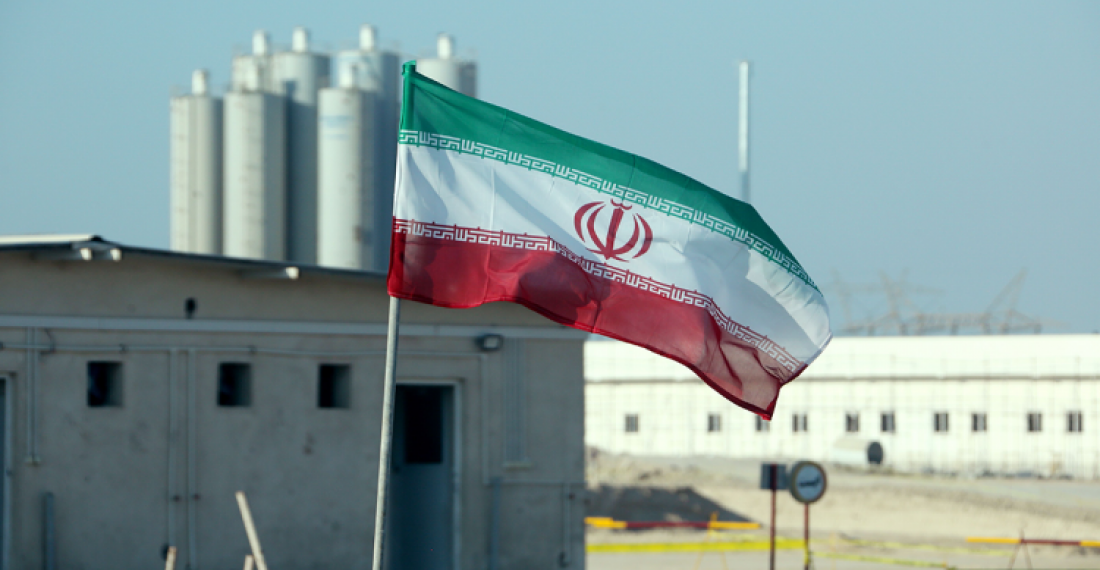European diplomats are confident that an agreement on the Iran nuclear deal is within reach and may be achieved within days.
EU High Representative for foreign and security policy, Josep Borrell said on Monday that Iran had given a “reasonable” response to the final text of a proposed new agreement, and the ball was now in the US court. Borrell suggested that a meeting to seal an agreement may take place as early as this week.
Borrell said the negotiations brokered by the EU had gone as far as they could go and “this is the inflection point.”
He said: “There was an Iranian response that I considered reasonable to transmit to the US.
“The US has not formally replied yet. But we are waiting for their response and I hope that response will allow us to finish the negotiation — I hope so, but I can’t assure you of it.”
Efforts to restore the Joint Comprehensive Plan of Action — the 2015 agreement between world powers and Tehran aimed at curbing Iran’s nuclear program in return for the lifting of sanctions — are at a critical point after 16 months of on-off indirect talks in Vienna.
Iran accused the US on Monday of delaying a revival of the agreement. Foreign Ministry spokesman Nasser Kanaani said Tehran wanted a sustainable deal that would preserve Tehran’s “legitimate rights.”
“The Americans are procrastinating and there is inaction from the European sides. America and Europe need an agreement more than Iran,” Kanaani said.
Israel has expressed reservations about the new deal.
source: commonspace.eu with agencies






